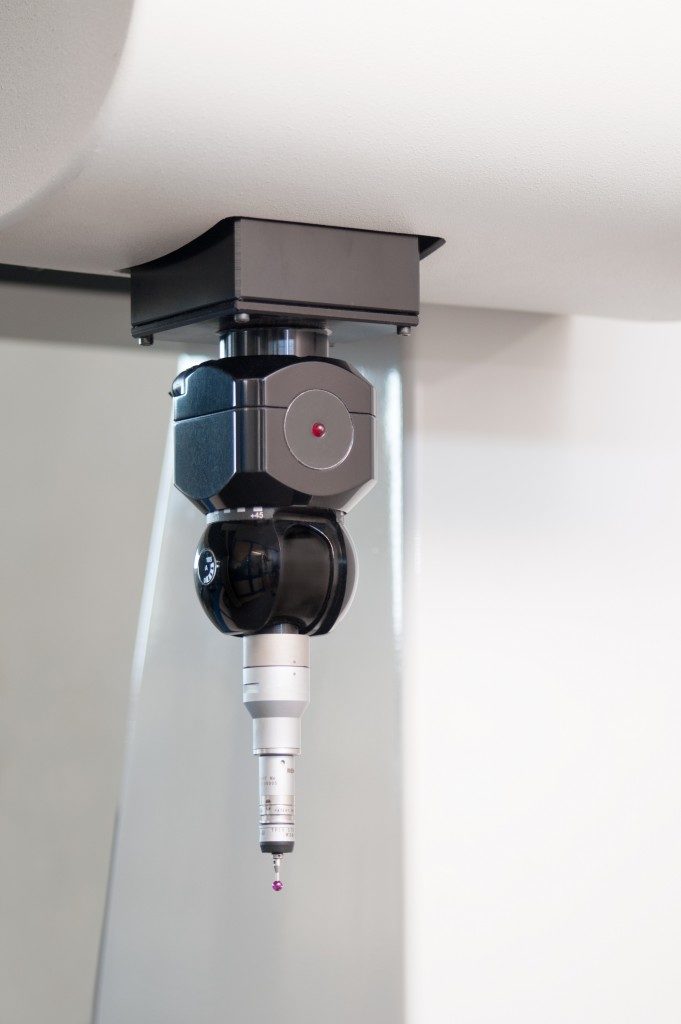In both commercial and industrial applications, measuring tools tend to get a lot of wear and tear due to moderate to heavy use day in and day out. Unfortunately, replacing measuring tools, especially precision ones, doesn’t come cheap.
If you want to extend the service life of your measuring tools, here are some tips that can help:
1. Invest in high-quality products
Low-quality tools may be inexpensive, but most of them aren’t built to last, especially for business applications. Hence, if you want to have measuring instruments that are durable, easy to maintain, and will last for years with heavy use, invest in high-quality products instead of getting cheap ones.
2. Handle with care
Of course, the best way to make your measuring tools last is to handle with care. Whether it be a high-quality plastic measuring cup with handle or a high-tech caliper, every tool must be used properly and carefully. Train and retrain staff as needed on how to use measuring tools. If tools are handled roughly, there is a higher chance of workers accidentally breaking them or wearing them out much faster.
3. Clean properly and frequently
Establish a cleaning routine for each type of measuring tool you use. For instance, non-electronic plastic and metal measuring tools should be washed and dried thoroughly after each use or working day. For precision tools such as calipers, infrared thermometers, and micrometers, workers should wipe the tool with a dry, clean, non-abrasive cloth to get rid of dust and grime.

4. Lubricate tools regularly
Some tools need periodic lubrication to prevent oxidation or corrosion from taking place. For metal tools like telescoping gauges and weighing scales, lubrication must be done at least once a week with mineral oil and a soft cloth. If you fail to lubricate your tools regularly, their surfaces may oxidize and corrode, leading to the inaccuracy of measurements.
5. Store measuring tools properly
After each day, ensure that all measuring tools are stored in dry and safe areas with no direct sunlight. Doing this will make sure that your tools are not unnecessarily exposed to dirt and dust if they sit on workbenches overnight. Moreover, there are fewer chances of workers accidentally knocking tools over or pests getting to them after hours.
6. Ensure proper maintenance
Fix problems with your measuring tools as they arise. Whether it’s a crack in a plastic measuring jug or faulty wiring in an industrial weighing scale, it’s easier and much more cost-effective to address the issue rather than waiting for it to get worse.
7. Replace tools as needed
Even if you follow all the tips above, measuring tools will reach the end of their lifespan eventually. That said, you must know when to repair and when to replace, as well as when it’s a great time for an upgrade.
Taking care of your tools is one of the best ways to keep your business expenses low. If your company uses a lot of measuring instruments in its operations, you should consider following these tips in order to make them last.

